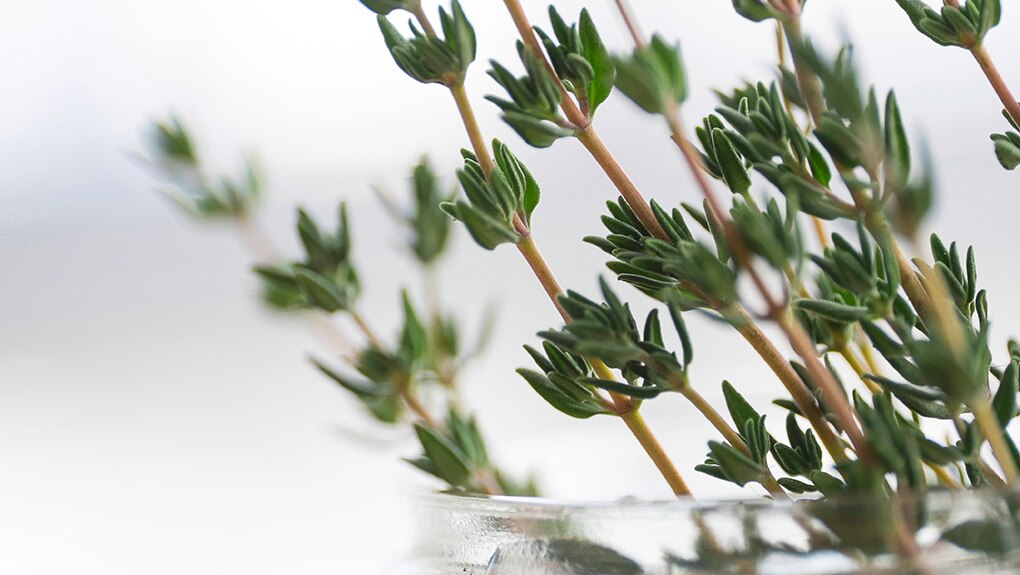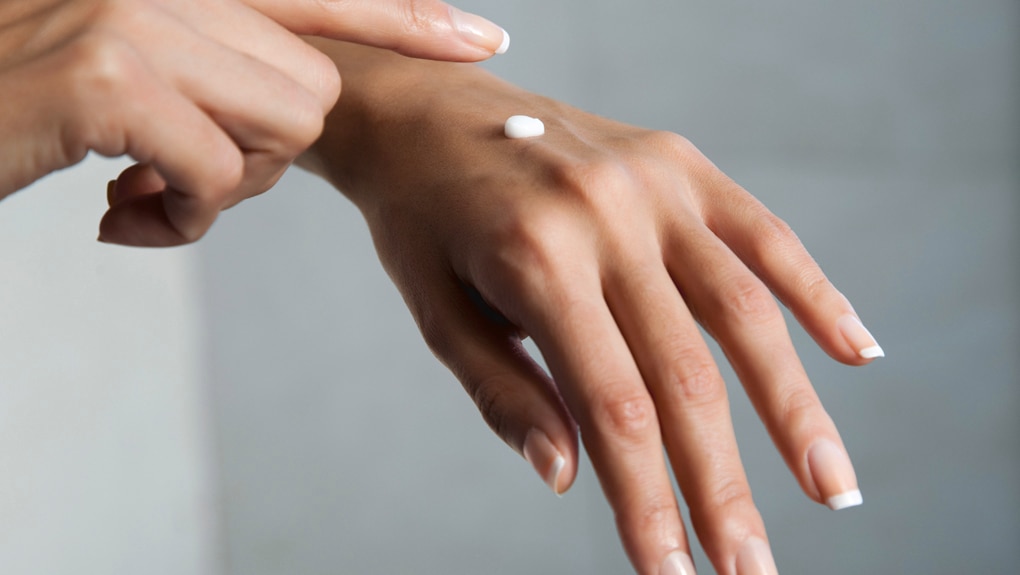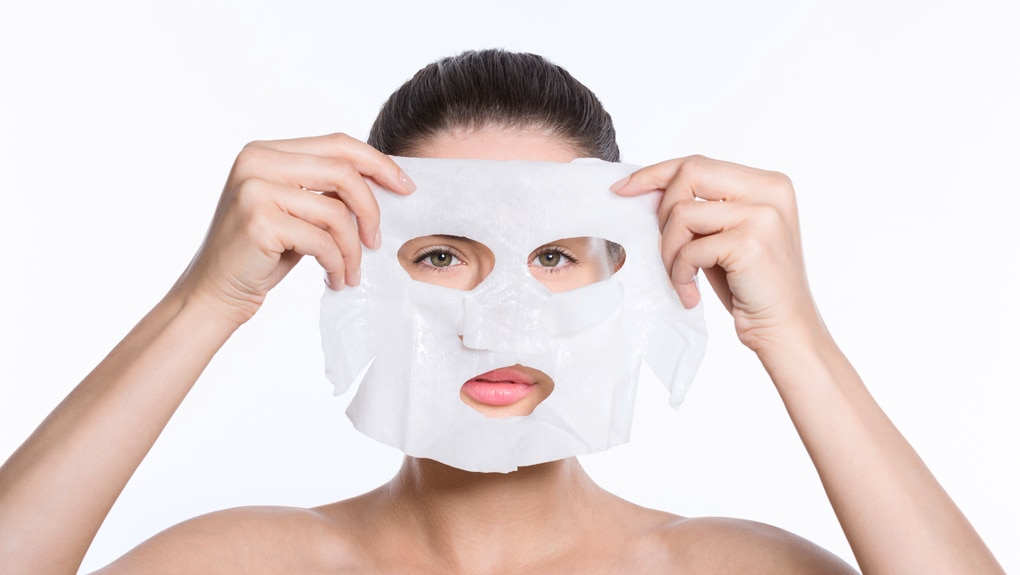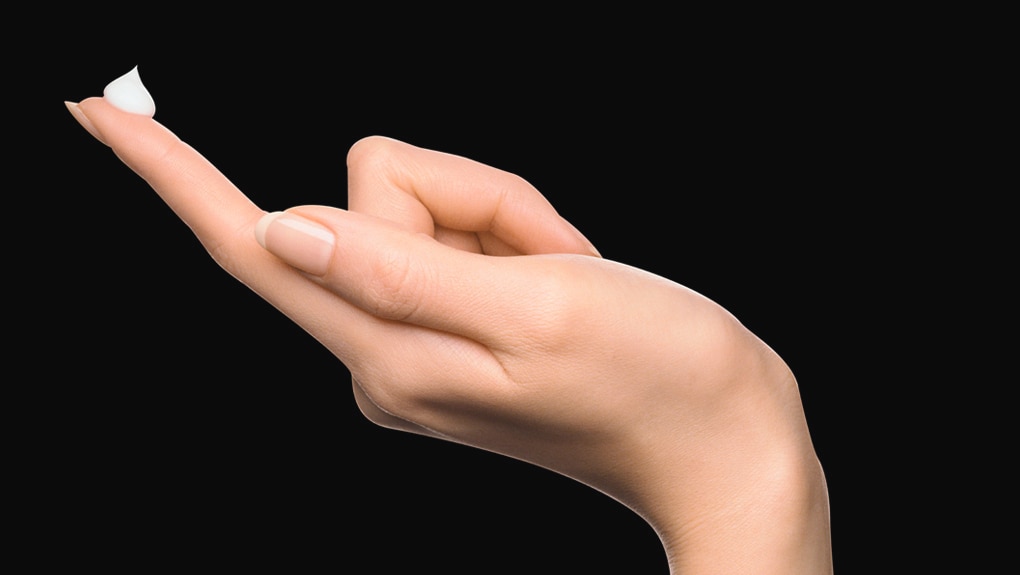This herb may be your answer to acne
Thyme’s medicinal properties could come in handy.
In Pimples
We’ve heard of many ingredients that promise to do wonders for acne. A popular one is salicylic acid, an anti-inflammatory and exfoliating ingredient often found in acne-fighting skincare to cleanse and calm skin. Another is benzoyl peroxide which has anti-bacterial and drying actions.
While these ingredients are good at what they do, research has also found that certain acne bacteria can eject anti-bacterial topical treatments from pores — in its own defense to continue surviving in and disrupting the natural order of our skin.
This is a problem because acne is not a surface issue. It starts deep within our pores, in the sebaceous gland.
But there is one ingredient that could be the knight in shining, or maybe, green armor you need — that’s thyme.
This humble herb, often used in Western cooking, is part of the mint family. Its essential oils have been used in aromatherapy, mouthwashes and ointments because of its anti-bacterial, anti-rheumatic and calming properties.
It’s these very properties that have made skin scientists sit up and take notice of thyme and how to include it in skincare products to treat and prevent acne outbreaks.
But wouldn’t thyme be ejected out of skin, just like any other anti-bacterial ingredient? Surprisingly, no.
Scientists have found a way to extract an important component of thyme that can lock itself deep into pores, where acne starts. The ingredient you should be looking out for is thymol.
Thymol blocks acne bacteria from acting, allowing thyme to work its cleansing and calming magic. Skincare with thymol has been clinically proven to reduce acne in three days, which is a pretty big promise, and worth a try.
For added effectiveness, choose a thymol-based leave-on clearing gel, and you’ll soon be on your way to clearer skin.
2. Hair covering your face
Like your hands, your hair could be accumulating germs, dirt and grease throughout the day and transferring them onto your face.
Hands, hair and phones carry bacteria that could transfer to your face.
3. Long phone calls
The advent of the telephone has done wonders for us, but holding your phone to your ears for hours encourages bacteria on the phone’s surface to transfer to your face.
4. Sun exposure
Sunlight contains UV rays that can cause skin pigmentation problems. But beyond that, the sun’s heat makes our skin sweat and produce excess oil which can lead to the worsening of acne.
5. Diet
Your diet could make skin more acne-prone.
Food with high oil, sugar, and dairy content affects your skin’s renewal process and makes your skin more acne-prone. Consuming foods rich in vitamins and minerals and drinking enough water keeps your skin functioning healthily. If you have oily skin, a healthy diet can also help calm overactive sebaceous glands.
6. Stressful lifestyle
When stressed, your body produces hormones such as androgen and corticotropin. These kind of hormones also stimulate sebaceous glands to produce excessive oil. This excess oil, when mixed with acne-causing bacteria in your skin, may lead to acne breakouts.
7. Smoking
Smoking exposes your skin to harmful particles that inhibit the cell renewal process and stop your skin’s natural processes from functioning at its peak.
8. Using products that are not right for your skin
Using the wrong products removes all oils from your face, breaking down the moisture-oil balance.
Using products not formulated for facial skin strips away the natural oils that protect your skin’s barrier function. Stripping away all the oils interrupts the ideal order of your oil secretion, making your face more acne-prone.
Good facial cleansers remove impurities and excess oil without stripping away all the moisture. Pond’s Pimple Clear Face Wash removes impurities and eliminates excess oil and pimple worries from deep within the skin, for visibly smooth, acne-clear skin on the outside.





